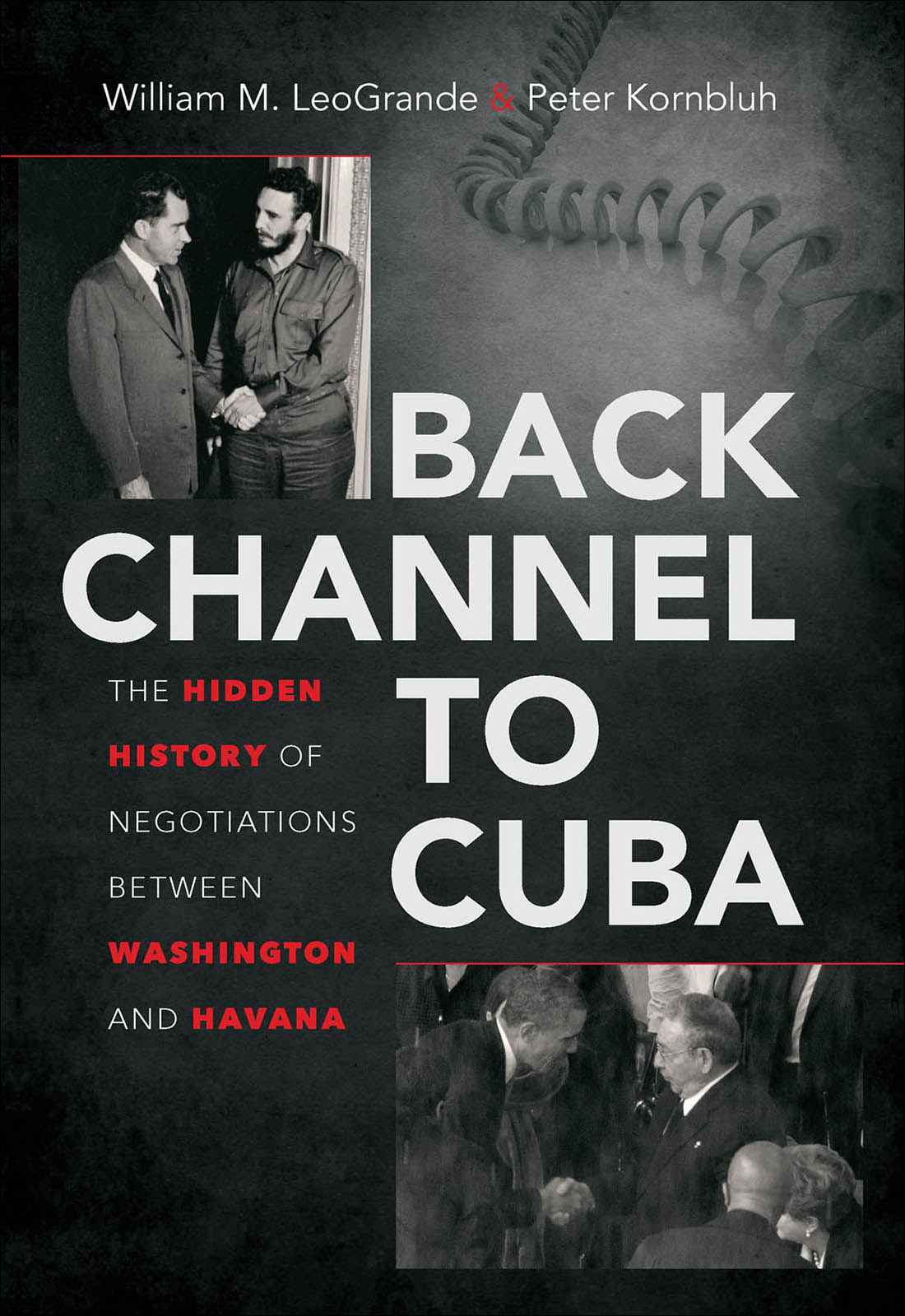

Most ebook files are in PDF format, so you can easily read them using various software such as Foxit Reader or directly on the Google Chrome browser.
Some ebook files are released by publishers in other formats such as .awz, .mobi, .epub, .fb2, etc. You may need to install specific software to read these formats on mobile/PC, such as Calibre.
Please read the tutorial at this link: https://ebookbell.com/faq
We offer FREE conversion to the popular formats you request; however, this may take some time. Therefore, right after payment, please email us, and we will try to provide the service as quickly as possible.
For some exceptional file formats or broken links (if any), please refrain from opening any disputes. Instead, email us first, and we will try to assist within a maximum of 6 hours.
EbookBell Team

4.1
60 reviewsOur relations are like a bridge in war-time. I’m not going to talk about who blew it up—I think it was you who blew it up. The war has ended and now we are reconstructing the bridge, brick by brick, 90 miles from Key West to Varadero beach. It is not a bridge that can be reconstructed easily, as fast as it was destroyed. It takes a long time. If both parties reconstruct their part of the bridge, we can shake hands without winners or losers.
—Raúl Castro to Senators George McGovern and James Abourezk, April 8, 1977
In early April of 1963, during talks in Havana over the release of Americans being held in Cuban jails as spies, Fidel Castro first broached his interest in improving relations with the United States. “If any relations were to commence between the U.S. and Cuba,” Castro asked U.S. negotiator James Donovan, “how would it come about and what would be involved?”1
Sent to Cuba in the fall of 1962 by President John F. Kennedy and his brother Robert to undertake the first real negotiations with Cuba’s revolutionary regime, Donovan had secured the freedom of more than one thousand members of the CIA-led exile brigade that Castro’s forces had defeated at the Bay of Pigs. In addition to the prisoners, Donovan also secured Castro’s confidence. Through trips in January, March, and April 1963, he built on that confidence to negotiate the freedom of several dozen U.S. citizens detained after the revolution. In the respectful nature of their talks, Castro found the first trusted U.S. representative with whom he could seriously discuss how Havana and Washington might move toward restoring civility and normalcy in the dark wake of the Bay of Pigs and the Cuban missile crisis. “In view of the past history on both sides here, the problem of how to inaugurate any relations was a very difficult one,” Castro observed.